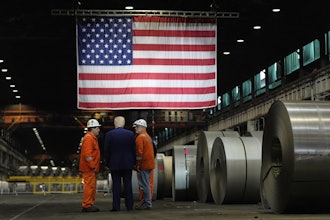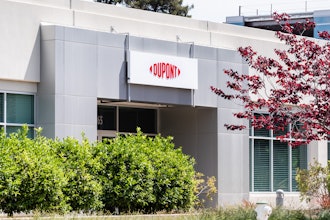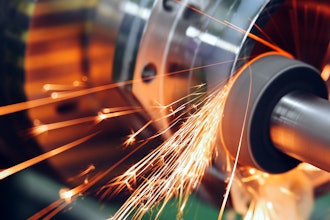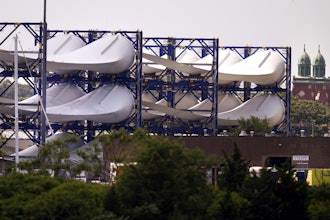When it comes to a hybrid-electric vehicle, nobody did it more successfully than the Prius. And since Toyota was a pioneer in hybrid-electrics and, also, plug-in hybrids, it’s interesting to note that they’ve announced that they will offer “nearly 24,000 licenses royalty-free” for patents regarding electric components and systems to companies producing hybrid vehicles.
Fred Lambert, the editor-in-chief of Electrek, a website dedicated to electric transportation and sustainable energy, had a hot take on the news saying, in short, “it won’t work.” Lambert identifies this move as a last ditch way for Toyota to keep the hybrid alive when it is, in fact, falling behind on full-electric vehicle development.
This is supported, Lambert says, by the fine print: Toyota is offering the royalty-free patents for makers of hybrids and fuel cell vehicles, but not all-electric ones, despite the fact that many of the components in question could be used for full EVs as well.
And he might not be wrong, but the reason Toyota is all-in on the hybrid is – perhaps – a bit complex. Despite being one of the world’s largest auto makers, Toyota doesn’t currently sell any electric cars. Car and Driver says the reason is one of battery capacity: the company can either produce 28,000 batteries per year for full EVs or, use the same resources to make 1.5 million hybrid vehicle batteries.
The resulting environmental impact is better from the higher volume of hybrids than the lower volume of EVs: “Per Toyota,” says Car and Driver, “selling 1.5 million hybrid cars reduces carbon emissions by a third more than selling 28,000 EVs.”
But, of course, Toyota isn’t just in it to save the planet. The company contends hybrids are a better bridge between the internal combustion engine and its long term solution: hydrogen fuel cells. So either it’s an excuse for their lack of EVs or they truly see full EVs as sort of a blip on the way to bigger and better things. We can speculate, but we may not really know for another decade – maybe more.






















